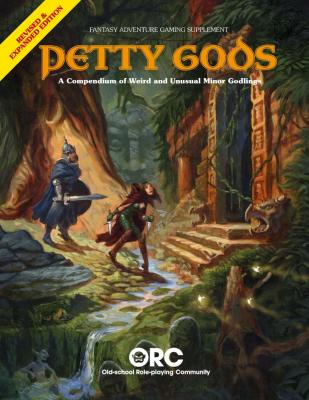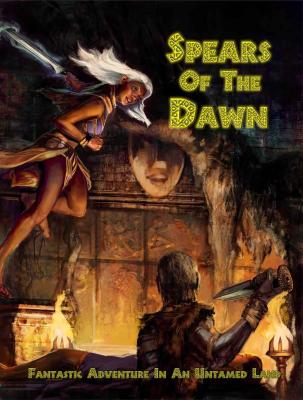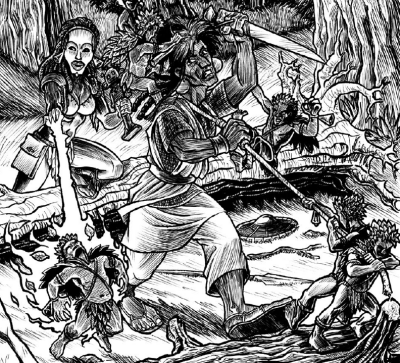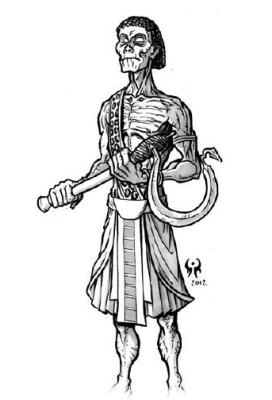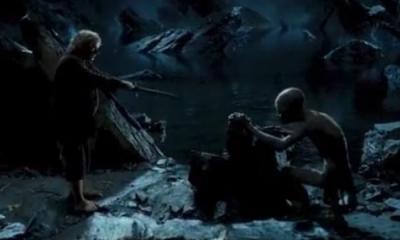A while back I reviewd Death Angel’s Shadow by Karl Wagner, which I really quite liked. So I picked up Bloodstone, which was published two years later, but being a somewhat obscure series from the early 70s I have not the slightest clue in which order they were originally written. I have a feeling that Bloodstone might actually be a bit older, and perhaps even the first story of Kane.
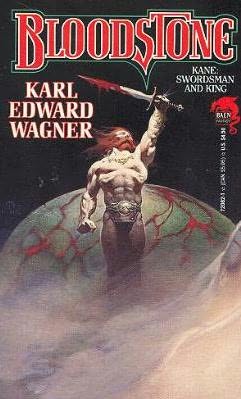
Bloodstone is a single full-length novel which begins with Kane coming into possession of a strange old ring with a large green and red bloodstone. It awakens some long lost memories in his immortal mind and leads him to start another one of his enigmatic plans of conquest. In typical Kane fashion, even though he is the protagonist of the story, Wagner doesn’t tell us anything of what Kane is knowing or planning for most of the time. Usually witholding important information from the readers which the characters obviously know ranks at the very lowest level of cheap writing tricks for me. But with Kane Wagner is always consistent and we’re always kept in the dark of what is going on in his head. In fact, for large parts of the book Kane is completely absent and as in the other stories, the plot mostly follows other people who had the unfortunate fate to get caught up in his wake as he leaves a trail of destruction wherever he goes. Of those other characters we do learn a lot and their thoughts and plans are usually revealed very quickly. It’s a very daring and couragous method of telling a story, but one that Wagner manages to pull of successfully and it works really well.
In Death Angel’s Shadow and Undertow, I always had the impression that Wagner was not a man of great words who uses relatively simple language to talk about very complex and fascinating things. In Bloodstone, it seems more like he is trying too hard in channeling Lovecraft and Howard and pretty much every paragraph has at least one word which I don’t know. I always understand what he means out of the context of the sentence within the scene so it doesn’t hurt too much, but I think he clearly went overboard with it in Bloodstone. His other (and I presume later) works are much better in this regard. The other thing that I noticed negatively is that the story drags on for too long. Especially when it comes to describing the big fight scenes, but also when another mysterious location is visisted. I love well written description that go into a lot of detail to bring the sights and atmosphere to life, and the lack of such is something that often find frustrating in many fantasy stories I’ve read in recent years. But in this case Wagner is often not adding anything new and just repeats more of the same things he already said. With the big battle scenes I was sometimes tempted to flip ahead three or four pages, but I have to say that I generally get very easily bored by battle scene all the times. I usually skip the battle scenes when watching The Two Towers and I don’t even have Return of the King on DVD. So maybe it’s not actually that bad. Overall, this books seems not particularly strong when it comes to the degree of skill at the craft. Language a bit too cheesy, pacing could be a lot better, and the characters are not particularly deep or complex.
But all that doesn’t bother me at all, because it’s the plot where Bloodstone really show. Like the other stories I’ve read, Wagner once more showed that he had a really good instinct for creating plots that don’t tread down the old paths. At several points in the novel I got the feeling that everything seemed close to resolution, but when you’re only a quarter into the book, you know that it obviously can’t be the case. Part of this comes from the fact that we never really know what Kane is planning in the long term and we only follow his antagonist or allies as they are dealing with the issue currently at hand. But any time it seems like the adventure has been wrapped up, Kane plays his next card and reveals another step in his grand plan to the rest of the world. In a TV show or comic this could probably get pretty frustrating, but as Bloodstone is a single volume novel you know how much more you can expect to follow. There are plenty of nice twists, with probably the best one being the one at the end. It’s a rather unusual approach you’ve probably not seen before very often, but it doesn’t come out of nowhere and you probably see it coming two sentences before it happens.
Kane himself is mostly Kane as we know him. A brilliant schemer and utterly selfish bastard. But while his planning and manipulating in this book is very nicely done, his character is not quite as fascinating and disturbingly ambigous. In Death Angel’s Shadow, it is made very clear that everyone who know about Kane thinks that he is a terrible monster in the shape of a man, and everything we learn about his thoughts actually supports that assesment. Not that he’s eating babies and impaling people on big spikes, but it is very clear that his mind has absolutely no regard for anything that normal people would consider just or decent and that he walks on the corpses on innocents without any second guess. This element of his character, which combined with his compelling charisma makes him such an intriguing character, is mostly absent in this book. Here he is simply selfish. If you havn’t read any Kane stories before and then read Bloodstone, you’d probably not feel anywhere near as fascinated by him as I do. If this is indeed one of the first stories Wagner wrote about the character, he’s getting a lot stronger later on.
What I found very interesting about this book is that it finally reveals why Kane does anything that he does. In Death Angel’s Shadow that was always a great mystery. Why does he consider his immortality a curse and why does he live the kind of life he does if he could do pretty much anything he could ever want to? In Bloodstone, this part of his character is explored only briefly, but deep enough to get a pretty good understanding of how he ticks. It’s not really complicated at all and makes a lot of sense. If this is actually a good thing I am not sure. I really loved the walking mystery that was Kane in the stories I’d been reading before, and as of now I can not say if understanding his way of thinking makes his character more enjoyable or less. I probably have to read another collection of stories before I really know.
With all that being said, I still really loved reading this book. And I do recommend it, but with some considerations. If you havn’t read any Kane story before, I don’t think this is a good one to start with. It’s still a pretty good book, but it doesn’t really showcase how good Wagner could write this character. Even if the series of Kanes stories is something you’d love, Bloodstone might not be the book to win you over. If you know Kane and consider picking up this book, I fully recommend doing so. But if you are thinking of giving the series a try for the first time, better start with something else. Death Angel’s Shadow would be a good start, for example.

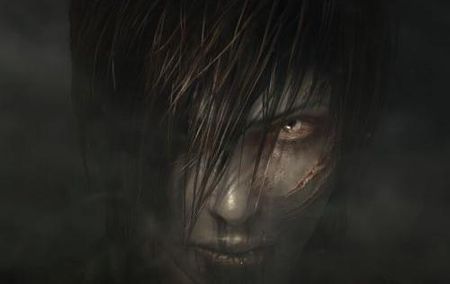 Ghouls are humans, elves, or other humanoids who have been corrupted by the dark magic of sorcery or demons. Though they have never truly died, they resemble the undead, existing in a state between life and death. They grow gaunt with pale skin and dark sunken eyes and are suffering from madness, but are also filled with unnatural vigor and are much more cunning than any beast. Their clawed fingers can crush a mans throat and leave deep rends in the flesh of their victims, and their teeth have the strength to bite through bones, as they regain their strength by feeding on the flesh of humans and beasts.
Ghouls are humans, elves, or other humanoids who have been corrupted by the dark magic of sorcery or demons. Though they have never truly died, they resemble the undead, existing in a state between life and death. They grow gaunt with pale skin and dark sunken eyes and are suffering from madness, but are also filled with unnatural vigor and are much more cunning than any beast. Their clawed fingers can crush a mans throat and leave deep rends in the flesh of their victims, and their teeth have the strength to bite through bones, as they regain their strength by feeding on the flesh of humans and beasts. When people die who have been corrupted by demonic sorcery, the Corruption that wrecked their bodies can linger on, turning into Shades. With both the bodies and souls of the original person gone, shades are nearly mindless clouds of Corruption that float silently above the spot where they died. They are normally invisible, but cast dark shadows in the presence of bright lights and they can be clearly seen as shapes of darkness if any light shines upon them in the presence of dust or smoke.
When people die who have been corrupted by demonic sorcery, the Corruption that wrecked their bodies can linger on, turning into Shades. With both the bodies and souls of the original person gone, shades are nearly mindless clouds of Corruption that float silently above the spot where they died. They are normally invisible, but cast dark shadows in the presence of bright lights and they can be clearly seen as shapes of darkness if any light shines upon them in the presence of dust or smoke.